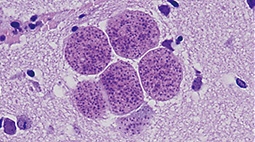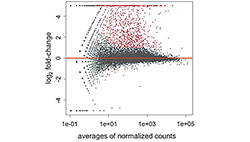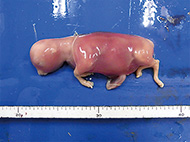Research Unit for Innovative Medicine
Professor Yoshifumi Nishikawa
We are researching functional disorders of the central nervous system (CNS) and behavioral changes in host animals, as well as the mechanism of miscarriage or vertical transmission of protozoan infections. In addition, we are attempting to identify and analyze parasite-derived factors that control inflammatory response and immuno-suppression. Based on the results of this research, we are developing a new type of next-generation vaccine that can effectively transport a vaccine antigen to lymphoid tissues by utilizing multifunctional materials and can effectively stimulate immune cells. For practical application of our vaccine, we investigate the effects of the model vaccine based on infection models of mice and natural hosts.
Main Research Projects
- Study on behavioral changes of host animals and CNS disorder following Toxoplasma and Neospora infection.
- Study on immune evasion mechanisms of Toxoplasma and Neospora
- Pathological study of malaria, toxoplasmosis, neosporosis and cryptosporidiosis
- Vaccine development based on multifunctional materials
- Screening of anti-parasite drug from natural products
- Study on intestinal flora associated with bovine diarrhe



